Life
Sign up for our newsletter
We summarize the week's scientific breakthroughs every Thursday.
-
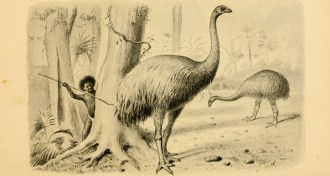 Animals
AnimalsFew humans were needed to wipe out New Zealand’s moa
A new study finds that the Maori population was still small when it managed to drive several species of large, flightless birds extinct.
-
 Genetics
GeneticsRare mutations may protect against heart disease
Rare mutations in a key gene seem to lower bad cholesterol and provide protection against heart disease.
By Nathan Seppa -
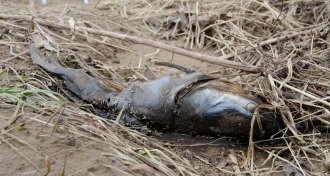 Health & Medicine
Health & MedicineFoul smells during sleep may help smokers quit
A night of smelling rotten eggs and fish while inhaling cigarette odors makes smokers reach for fewer cigarettes upon waking.
-
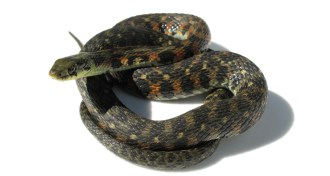 Animals
AnimalsSnake moms-to-be crave toxic toads
The snake Rhabdophis tigrinus seeks out toxic toads to eat when breeding. The snakes can then pass the poisons on to her offspring as chemical defenses.
-
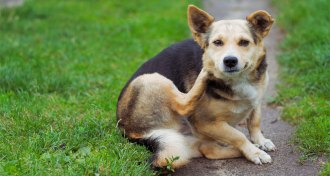 Neuroscience
NeuroscienceSerotonin lies at the intersection of pain and itch
Serotonin may help relieve pain, but it also causes itch. A study shows why scratching just makes it worse.
-
 Genetics
GeneticsHuman thoughts control mouse genes
Human brain waves trigger light that activates protein production in rodents.
-
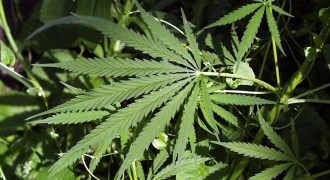 Neuroscience
NeuroscienceChronic marijuana use may alter the brain
Long-term marijuana use may lead to reduced gray matter and increased white matter connectivity in the brain.
-
 Genetics
GeneticsGenes tell tale of cat domestication
A peek into cats’ genetic makeup may help reveal how hissing wild felines became purring tabbies.
-
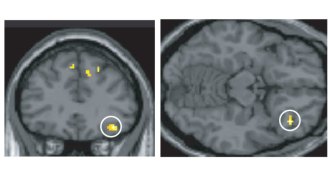 Neuroscience
NeuroscienceBrain regions linking odors to words pinpointed
Scientists have pinpointed two brain regions involved in linking odors to their names, with implications for why smells are hard to identify.
-
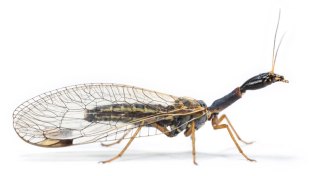 Life
LifeEpic worldwide effort explores all of insect history
A whopper of a genetic analysis fits all living orders of insects into one genealogical evolutionary tree.
By Susan Milius -
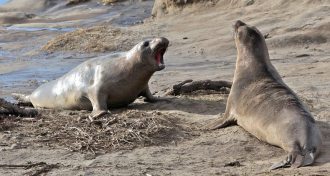 Animals
AnimalsJust enough fat is good for an elephant seal
Fat affects the buoyancy of marine mammals. As elephant seals get fatter, they can spend less energy swimming and more time foraging, a new study finds.
-
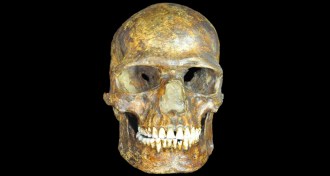 Genetics
GeneticsDNA from 37,000-year-old human hints at early European history
DNA from a roughly 37,000-year-old Homo sapiens skeleton supports recent findings about when ancient humans and Neandertals interbred.